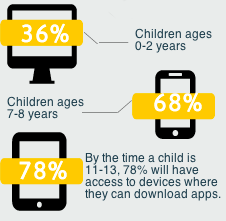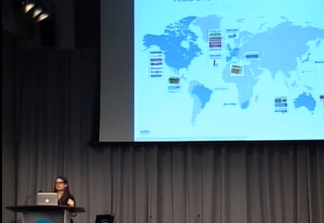 Last week at Books in Browsers IV, Baldur Bjarnason gave a talk titled Interactivity Is What You Do that I kept referring back to over the two days of sessions. He pointed out that interactive media isn’t what you watch, hear or read, but is “composed of the meaningful actions the user takes while interacting with your work.”
There are two affirming ideas in this statement. One is that “meaningful actions” has a wide enough scope to include all behaviour. Second is that producers of interactive works build an entire experience, not simply an object, for an audience.
Last week at Books in Browsers IV, Baldur Bjarnason gave a talk titled Interactivity Is What You Do that I kept referring back to over the two days of sessions. He pointed out that interactive media isn’t what you watch, hear or read, but is “composed of the meaningful actions the user takes while interacting with your work.”
There are two affirming ideas in this statement. One is that “meaningful actions” has a wide enough scope to include all behaviour. Second is that producers of interactive works build an entire experience, not simply an object, for an audience.The New Reading Experience: BiB IV
 Last week at Books in Browsers IV, Baldur Bjarnason gave a talk titled Interactivity Is What You Do that I kept referring back to over the two days of sessions. He pointed out that interactive media isn’t what you watch, hear or read, but is “composed of the meaningful actions the user takes while interacting with your work.”
There are two affirming ideas in this statement. One is that “meaningful actions” has a wide enough scope to include all behaviour. Second is that producers of interactive works build an entire experience, not simply an object, for an audience.
Last week at Books in Browsers IV, Baldur Bjarnason gave a talk titled Interactivity Is What You Do that I kept referring back to over the two days of sessions. He pointed out that interactive media isn’t what you watch, hear or read, but is “composed of the meaningful actions the user takes while interacting with your work.”
There are two affirming ideas in this statement. One is that “meaningful actions” has a wide enough scope to include all behaviour. Second is that producers of interactive works build an entire experience, not simply an object, for an audience.










